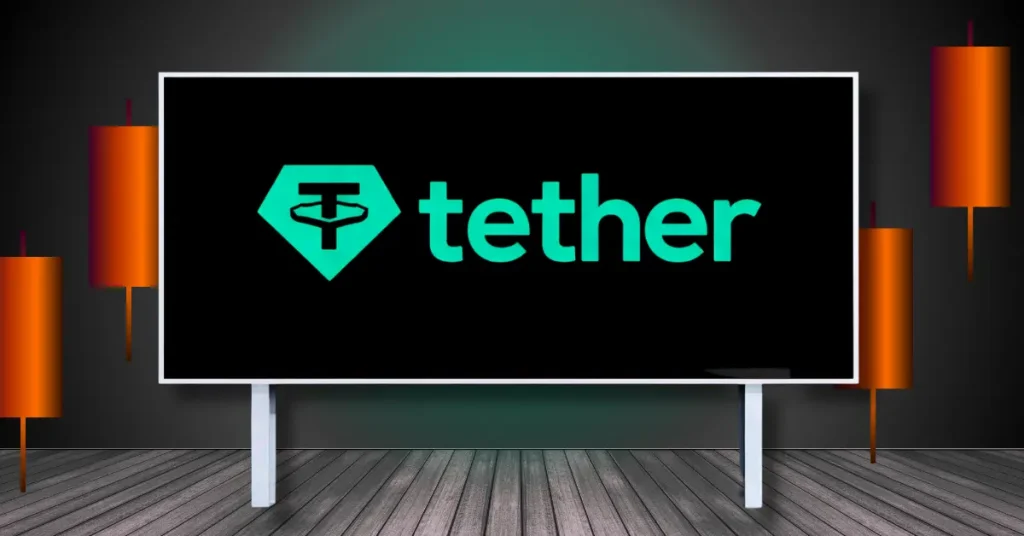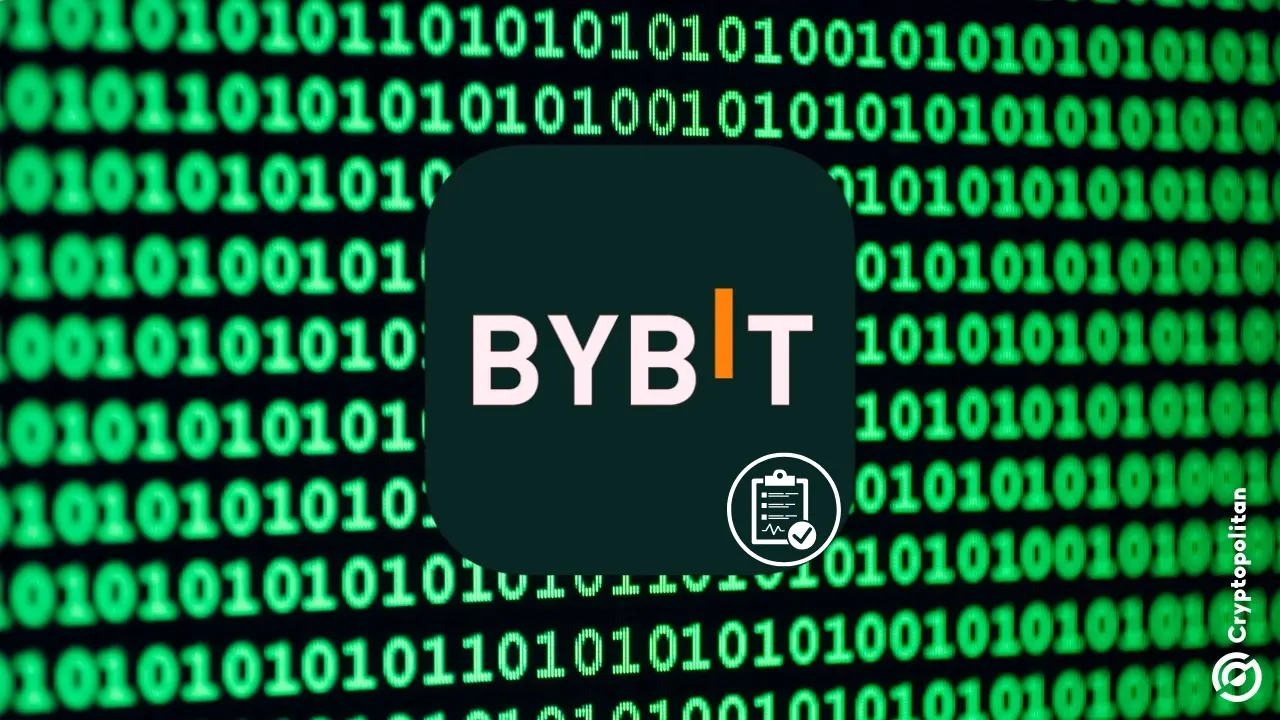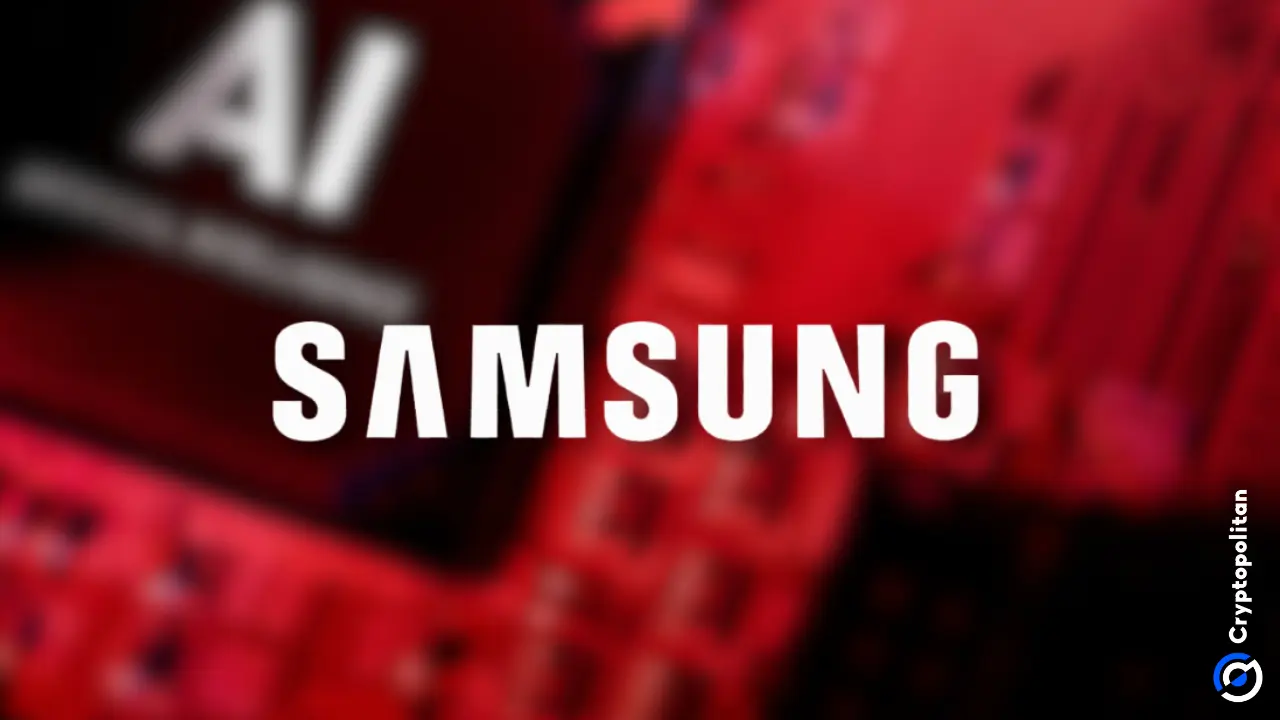Bitcoin has seen another soft fork proposal, based on the recent discussion of allowing random data into blocks. BIP-444 is now open for discussion, though the initial reaction sees the soft fork as a ‘bad idea’.
The role of the Bitcoin network is questioned again, after a months-long social media discussion on whether the network should carry additional data, or remain strictly for value settlement.
In the end, Bitcoin Core developer Luke Dashjr posted BIP-444, a proposal to soft-fork the network and optimize for financial settlement. The proposal comes as an answer to the hefty data load and potential illegal content included in Bitcoin blocks.
As of October 28, the Bitcoin network faces the options of either limiting the content through filtering and small-scale upgrades, or a full proposal to change the network, coming from Bitcoin Core developers.
According to Dashjr, BIP-444 is in the process of expanding its acceptance, though it remains uncertain if the proposal would pass.
No. BIP 444 is already on track with no technical objections.https://t.co/sF7HUiGgRm
— Luke Dashjr (@LukeDashjr) October 26, 2025
A soft fork would change the rule for all Bitcoin miners, but will not create a new chain or a new coin.
‘We can do these all together in a temporary softfork that self-expires after a year or two. This would buy time to come up with longer-term solutions, and observe how it impacts the real world,’ wrote Dashjr as part of the developer discussions.
Currently, there is no consensus on whether Bitcoin should allow content, as in the case of Ordinals and other NFT, or remain a payment network with no additional block art or only limited messages.
Bitcoin’s BIP-444 meets resistance
The founder of F2Pool Chun Wang stated that BIP-444 is a bad idea, and he will not support soft fork versions. The proposal suggests a temporary freeze on all Bitocin spam, instead of filtering or leaving the network as-is.
BIP-444 is a bad idea. Not going to soft fork anything. Temporary or not.
Feel sad that some devs moving further and further in the wrong direction.
— Chun (@satofishi) October 27, 2025
F2Pool is relatively influential, carrying over 10% of the Bitcoin network mining capacity. The pool is now standing on the side of still allowing content in some form.
The BIP-444 approach reflects the incentives of Bitcoin Core developers, who are on the more conservative side. Since the chain is becoming more important for mainstream finance, they are proposing fewer upgrades and more simplicity, instead of constant filtering upgrades and the potential for failure. The filtering is also suggesting automated updates to Bitcoin, which may be risky for the smooth running of the network.
As a response to BIP-444, the proposal’s text was uploaded on the Bitcoin chain in the form of an inscription, where it would stay forever.
Can Bitcoin lose its value?
The question now is whether BIP-444 would be accepted by pools and become the official version for nodes. This would severely decrease spam content on the network.
The proposal sets up a discussion on whether Bitcoin is a neutral technology, or it could be censored. The proposal to remove ‘illegal content’ is seen by some as a door for censorship.
While BTC remains a valuable traded asset, there is no consensus on how to deal with network spam. The opposing groups are still fighting to decide whether spam should be handled at the protocol level, or through mempool tools. The proposal is still under discussion, with multiple attacks against the upgrade.
Get $50 free to trade crypto when you sign up to Bybit now











